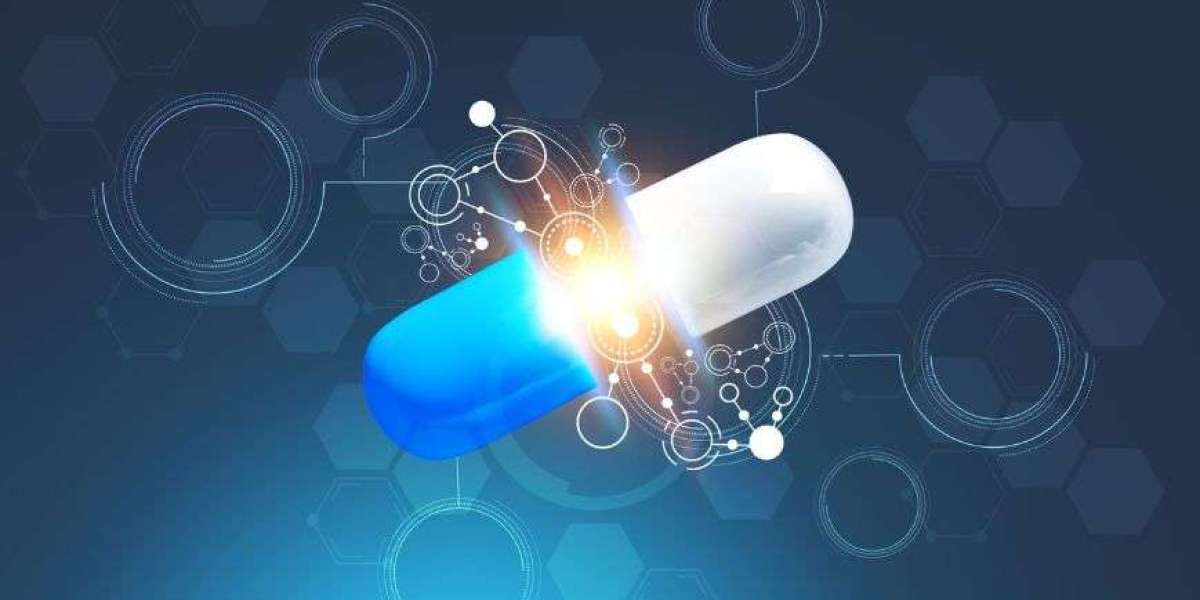The Biosimilar Market has emerged as one of the most transformative segments in modern healthcare, bridging the gap between accessibility and innovation. As the global population continues to age and chronic diseases become more prevalent, the need for affordable, effective biologic therapies has grown exponentially. Biosimilars—highly similar versions of already approved biological medicines—offer a powerful solution by expanding patient access to life-saving treatments while maintaining high standards of safety and efficacy. This market represents a critical intersection of science, policy, and patient care, shaping the next phase of biopharmaceutical evolution.
Understanding the Market
The biosimilar market encompasses a broad range of biologic products developed to be nearly identical to original reference biologics, also known as originator biologics. Unlike generic drugs, which are chemically synthesized and identical to their reference counterparts, biosimilars are produced through living systems, making their development and approval more complex. Each biosimilar undergoes rigorous comparative testing to ensure it matches the reference product in structure, function, and therapeutic performance.
Key categories within the biosimilar market include monoclonal antibodies, growth hormones, erythropoietins, insulins, and interferons. These categories cover treatments for conditions such as autoimmune disorders, cancers, diabetes, and infectious diseases. The manufacturing process involves advanced biotechnology, including cell culture techniques, purification, and analytical characterization. Regulatory agencies, such as the U.S. FDA and the European Medicines Agency, have established clear pathways to assess biosimilarity and ensure product safety and efficacy before approval.
Importance: Addressing Challenges and Creating Value
The biosimilar market plays a pivotal role in addressing some of the most pressing challenges in healthcare today—namely, high treatment costs and limited patient access to biologic therapies. Biologic drugs, while highly effective, are often expensive due to their complex production processes and the significant investment required for research and development. Biosimilars help counter this challenge by introducing competition, reducing costs, and expanding treatment options for patients who may not otherwise afford biologic therapies.
Moreover, the introduction of biosimilars promotes sustainability within healthcare systems by optimizing resource allocation. Hospitals and healthcare providers can reinvest savings into other essential medical services, improving overall patient care quality. Pharmaceutical companies, on the other hand, are motivated to innovate and differentiate their offerings, leading to a more dynamic and efficient market environment.
Evolving Relevance: Trends Shaping the Market
Several trends are shaping the evolving landscape of the biosimilar market. Growing physician awareness and education about biosimilar safety and efficacy have improved confidence in their clinical use. Governments and healthcare payers are also implementing policies to encourage biosimilar adoption as part of broader cost-containment strategies.
Another major trend is the expanding focus on interchangeability—where biosimilars can be substituted for reference biologics without prescriber intervention. This has helped streamline access and boost market acceptance in regions with mature regulatory frameworks. Additionally, advancements in manufacturing technologies and analytical methods are enhancing biosimilar development efficiency, reducing time-to-market while maintaining product quality.
Global collaborations among pharmaceutical companies are further propelling innovation and market expansion. Many established biologics manufacturers are partnering with specialized biotech firms to co-develop biosimilars, leveraging shared expertise in bioprocessing and regulatory compliance.
Practical Uses: Real-World Impact and Benefits
The real-world impact of biosimilars is increasingly visible across healthcare settings. In oncology, biosimilars of monoclonal antibodies are helping reduce therapy costs and ensure continuity of care for patients undergoing long-term treatment. In chronic diseases like rheumatoid arthritis and diabetes, biosimilars provide effective alternatives to costly biologics, empowering healthcare systems to serve larger patient populations.
For patients, the benefits extend beyond affordability. Increased access to proven biologic therapies improves treatment adherence and health outcomes. For healthcare providers, the availability of multiple biosimilar options encourages competition and innovation, ensuring that treatment decisions can prioritize patient needs rather than cost constraints. Insurers and policymakers also gain from the market’s ability to drive cost savings while maintaining therapeutic quality and efficacy standards.
Forward Perspective: The Future of the Biosimilar Market
Looking ahead, the biosimilar market is expected to evolve alongside advances in biotechnology, analytics, and personalized medicine. Emerging biomanufacturing technologies, such as continuous processing and digital monitoring, are likely to streamline production and enhance consistency. As more biologic patents expire, new biosimilar entrants will continue to broaden the therapeutic landscape.
Artificial intelligence and data-driven analytics are also expected to play a larger role in optimizing biosimilar development and regulatory review. Additionally, growing patient advocacy and education initiatives will help strengthen public confidence in biosimilar therapies, fostering greater global adoption.
In conclusion, the biosimilar market stands at the forefront of a healthcare revolution—one defined by innovation, accessibility, and sustainability. By providing cost-effective, high-quality alternatives to biologics, biosimilars are transforming treatment pathways and empowering healthcare systems worldwide. As research and technology continue to advance, this market will remain a cornerstone of equitable and efficient global healthcare delivery.














